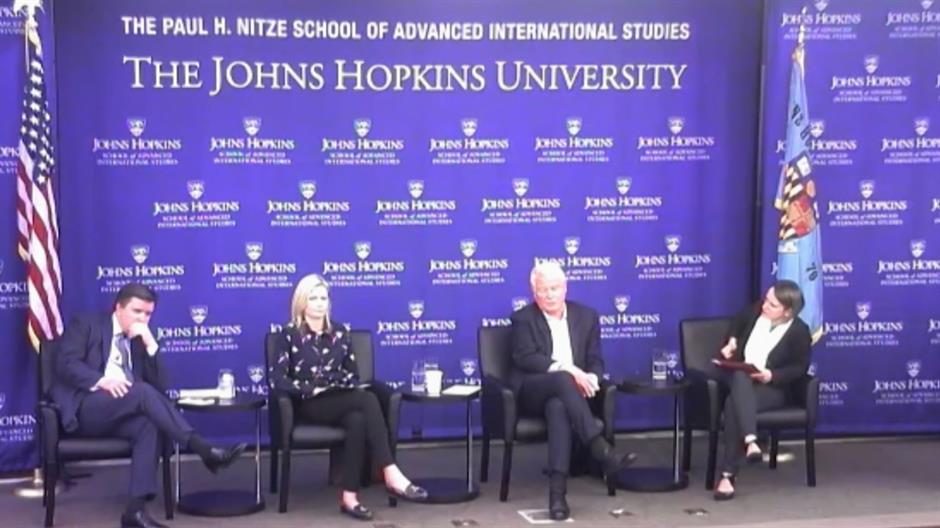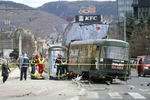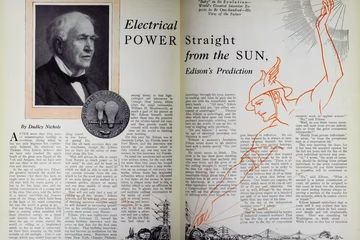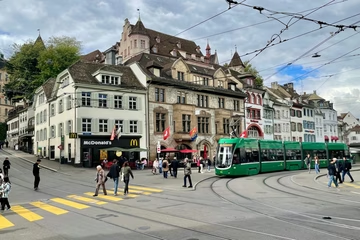Former envoys discuss Balkans: Bosnia is major problem

Bosnia and Herzegovina was assessed as a major problem in the region during a panel discussion on the Western Balkans, held on Thursday in Washington under auspices of the Johns Hopkins University's Foreign Policy Institute.
Oglas
The panel discussion dubbed “The Transatlantic Alliance and the Western Balkans: Regional Challenges and Options for a Common EU and US Response” focused on the Western Balkans as a region where, as the organizer said, the new US administration has identified an opportunity for close cooperation with the Brussels.
One of the panellists, Lord Paddy Ashdown, who is a Member of the UK House of Lords and former High Representative and EU Special Representative to Bosnia and Herzegovina, said a conflict is not likely to happen soon but that nobody thinks there is no possibility of a conflict taking place at all.
“Bosnia and Herzegovina cannot advance to the European Union if it is not modelled after European standards. I think the same for other countries which are not functional and which do not achieve good enough results for their citizens.” Ashdown was quoted as saying. According to him, Kosovo is not a problem in the Balkans and “the time will solve it.”
Oglas
“Bosnia and Herzegovina is a powder path which leads to an explosion. If that's not solved then all other huge problems in the Balkans will follow,” he was quoted as saying.
Vice Chair of Albright Stonebridge Group (ASG) and former Special Presidential Envoy for the Balkans James O'Brien, who took part in the discussion, assessed that the Kosovo-Serbia was one of the least interesting elements of politics in the Balkans at the moment and that it was of “vital importance for the Belgrade leaders to understand they must reach agreement with Pristina.”
“I don't think Russia was stronger than before, the Chinese investments are there, the US must send a message that they are still involved in developments in the Balkans,” said O'Brien, speaking about the US policy in the region.
Former Head of the Political Department of the EU Special Representative in Bosnia and Herzegovina Marsaili Fraser deemed the process of the EU enlargement would continue although this process was “upside down” in case of the Western Balkans.
Kakvo je tvoje mišljenje o ovome?
Učestvuj u diskusiji ili pročitaj komentare
Oglas
Kakvo je tvoje mišljenje o ovome?
Učestvuj u diskusiji ili pročitaj komentare
Oglas





 Srbija
Srbija
 Hrvatska
Hrvatska
 Slovenija
Slovenija



























































